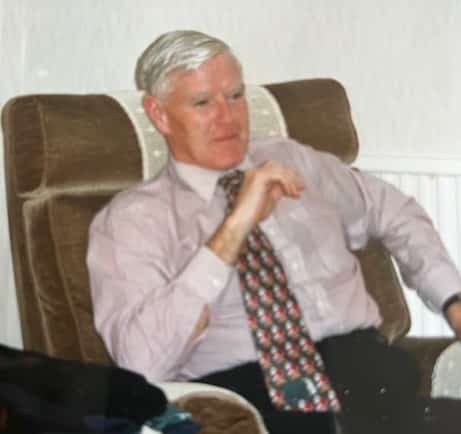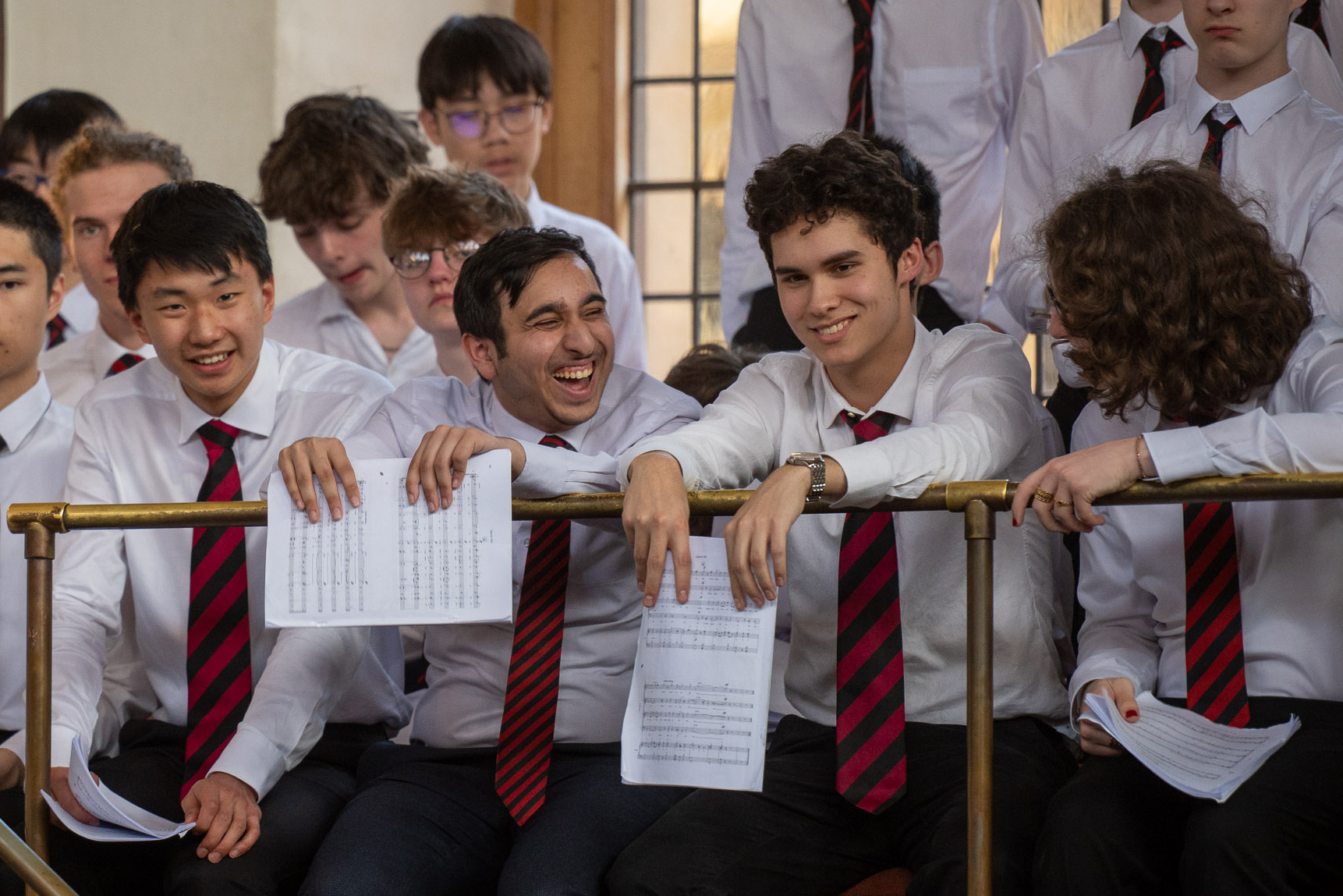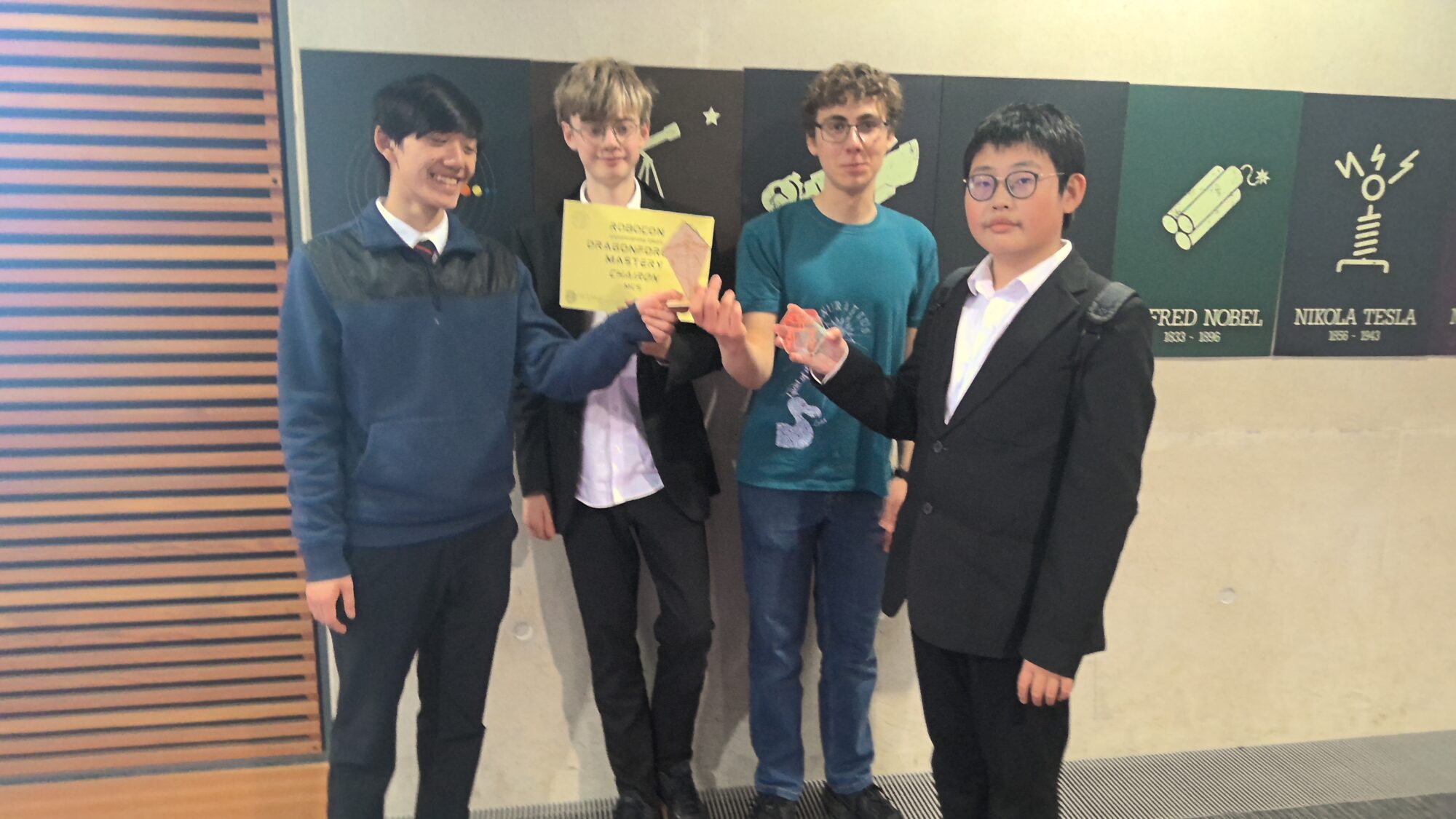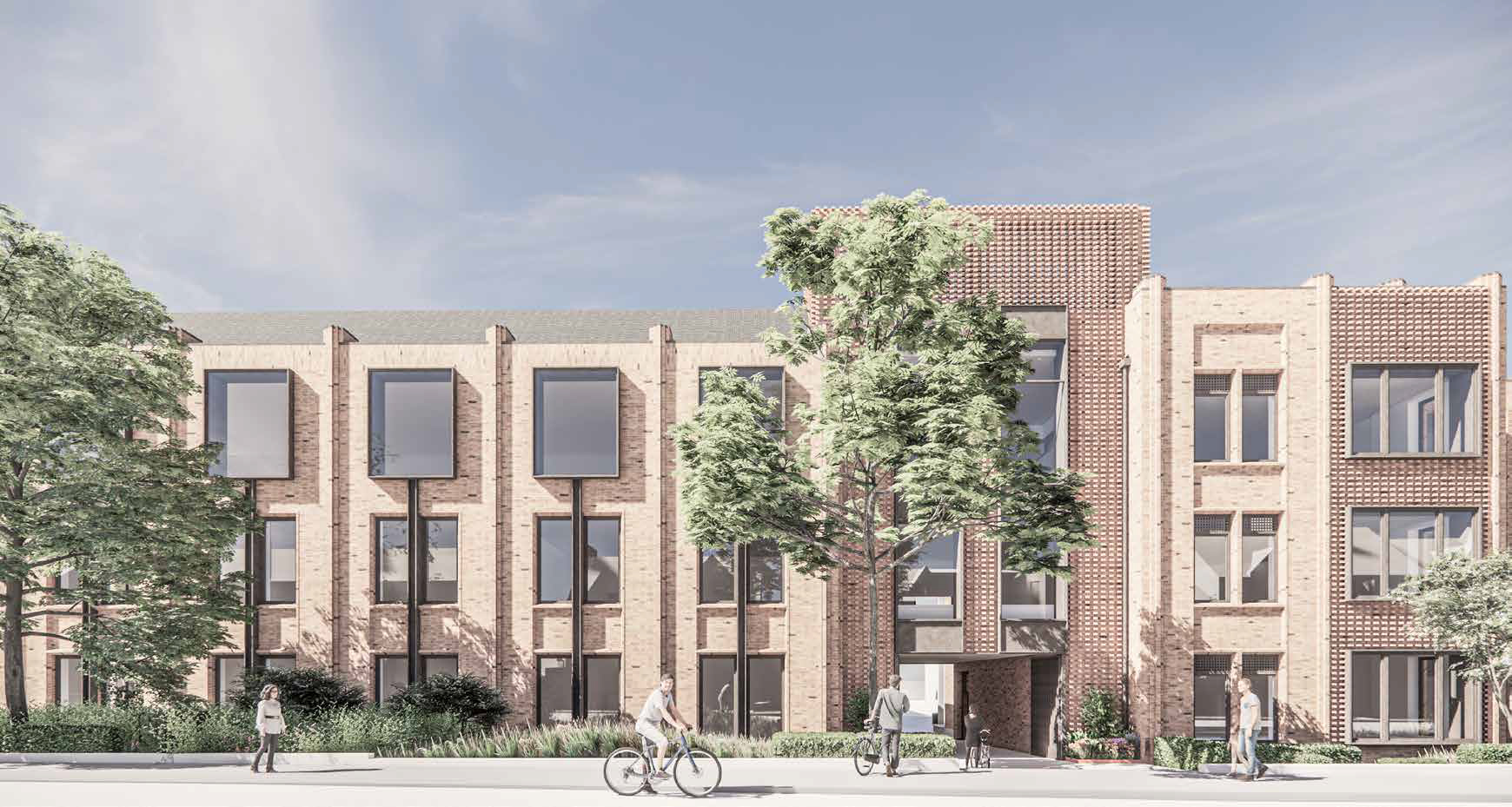(17 November 1938 – 5 January 2023)
The Waynflete Office has been informed by Philip Hawtin OW 1954 of the death of his friend Tony Wyatt at the age of 84. We are grateful to Philip for the following obituary.
At lunch time, in the early 1950s, an observant MCS boy would have seen another boy mount his bike and cycle rapidly towards the centre of Oxford. His bike appeared old as did its capacious basket, frequently loaded with tennis impedimenta. Wild rumours circulated as to the journey’s purpose. The truth when it emerged was truly praiseworthy. He went on a 6½ mile training ride and his mother gave him lunch. The boy was Tony Wyatt.
Ivor Antony Wyatt (always known as Tony) was born in Oxford on 17 November 1938. He was the second son of Cecil Wyatt and his wife Cicely. Cecil was a Director of Hunt and Broadhurst and served in the RAF during the war. Those who knew Tony as a young boy say that his was a loving family. His early life was typical of such boys. He even lived close to two railway lines and developed a passion for railway locomotives. In September 1949 he entered MCS.
When Tony joined MCS, it had a very traditional view of sports. There were real sports: Rugger, Hockey, Cricket and later Rowing. Tennis was officially a minor sport, but was referred to in the Lily as ‘the Tennis club’. At the School he soon made his mark and, when only 13, was playing in the Junior Tennis VI. He went on to play for several years in the 1st VI. Here he competed with and against players such as David Mitchell. In one year the master in charge complained that his most difficult decision was whether the team was stronger if they played together or separately.
In 1956, when Tony left MCS, the club had 130 members, approximately 1/3 of the school at the time and a virtual doubling of the membership since he joined. It also entered the Youll Cup for the first time. David Mitchell and Tony were the school’s first 1st Pair.
Chess was Tony’s other passion. In one term he played in 9 formal matches; winning 8 and drawing 1. His greatest coup was to be a part of the Team that beat the masters 6-0. What the masters did to mark this event is not recorded.
On leaving school he joined Barclays Bank and then did his National Service in the RAF. His father had been in the RAF and his future father-in-law was a serving officer. He gained his professional qualifications, eventually becoming a Branch Manager.
Meanwhile, a certain Esme McNulty, whose father was being posted to Abingdon, wrote a speculative letter to Barclays Bank asking if they had any vacancies in Oxford. They had. She came. Arriving at The Old Bank in 1961, she met Tony and certainly conquered. They were married in March 1965.
For the next 13 years they led a peripatetic existence. During that period their two children (Rachel and Richard) were born. In 1978 the family moved to Cumnor. They were to live there 45 years.
Professionally Tony was a successful Bank Manager and had the necessary social graces. He remained a very good and keen tennis player: he first played for the County as a junior and later for many years as a senior. He became an equally enthusiastic golfer. Of his golf, a colleague once observed that Tony would always give a customer a good game but was unlikely to threaten the customer’s golfing self-esteem. Later in life, Tony also took up badminton. For his age he became a very useful player.
OW golfers have reason to be thankful for Tony. Their annual tournament was on the verge of collapse, due to want of an organiser. He took the job on.
In Cumnor Tony’s services, as an unpaid Independent Examiner for many local activities, were in regular demand. In one year he had 14 customers and continued this unpaid activity until, in 2019, ill health won over will power. Generous with his time and always willing to help, Tony was also diplomatic: a skill required at times.
The Wyatts were always keen members of St Michael’s Church. Two years after arriving, Tony was a churchwarden. Over the years both he and Esme made many contributions to Cumnor life. His most lasting legacy arose because he joined a small team that the then Vicar (Douglas Durand) had brought together. Much of Cumnor’s local life was based on so called “Gentlemen’s Agreements”. The team knew that British Society was changing rapidly: and they set out to rationalise St Michael’s approach to such agreements. The new arrangements they set up have so far held.
Tony was a reticent man, who believed his actions should speak for him. I recall one Progressive Supper held on a 17th November (a convenient Saturday). Organised by Esme, it ended in the Village Hall. Tony acted as a waiter. It took a guest, giving thanks for an enjoyable evening, to point out that it was also his birthday. OW’s will be pleased to learn that he was given a bottle of wine.
Tony’s life was celebrated at his funeral in St Michael’s Church on February 6th. He is survived by his beloved wife (Esme), their children, and grandson (Ben) and granddaughter (Olivia).
 MCS ranks among the top independent secondary schools, and in 2024 was awarded Independent School of the Year for our contribution to social mobility.
MCS ranks among the top independent secondary schools, and in 2024 was awarded Independent School of the Year for our contribution to social mobility.

 28 of our pupils achieved 10 or more 8 or 9 grades in 2024.
28 of our pupils achieved 10 or more 8 or 9 grades in 2024.
 In 2023-24, MCS received over £448,000 in donated funds.
In 2023-24, MCS received over £448,000 in donated funds.





